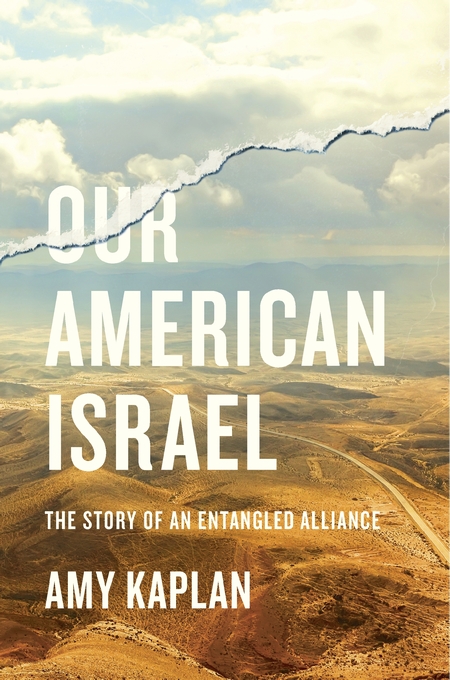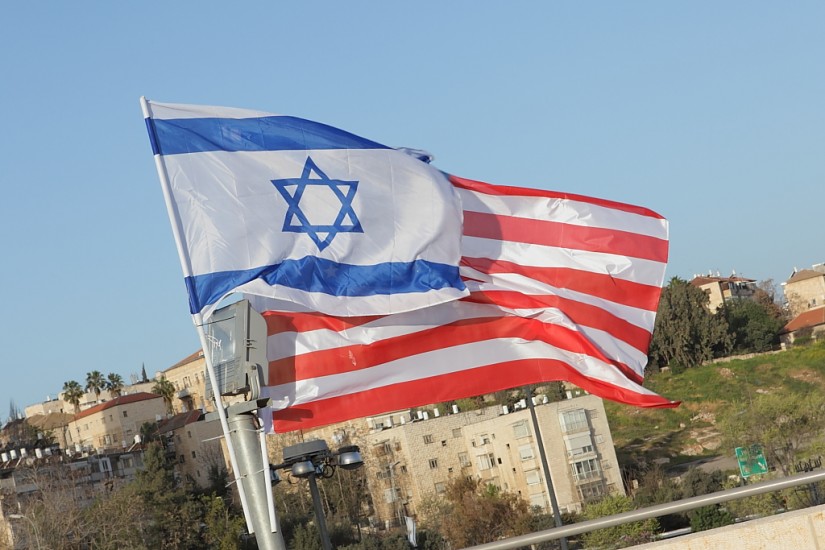The American publishing industry does not skimp when it comes to Israel. It has provided us with bookshelves groaning with hagiographies of generations of Israeli leaders, acres of glossy coffee-table books lauding the Israeli miracle in the desert, and a plethora of studies of Israel and its relations with the world.
In the last category, studies of Israel’s relationship with the United States have a special place. Most are informed by a deep sympathy with Israel and staunchly defend the closest possible partnership between the two countries, even if they are occasionally critical of each other’s excesses. Much of this writing is by political scientists or former diplomats, whether Israeli or American, and concentrates on diplomacy and strategy.
The better books in this extensive literature have a narrow temporal focus, like Michelle Mart’s Eye on Israel and Peter Grose’s Israel in the Mind of America, or take an international-relations approach, like Camille Mansour’s Beyond Alliance, John Judis’s Genesis, and Irene Gendzier’s Dying to Forget. As a result, even the best of these studies often ignore the cultural, intellectual, religious, and emotional forces that have also played a role in shaping Israeli-US relations since the end of World War II.
Amy Kaplan’s Our American Israel: The Story of an Entangled Alliance helps fill that void. A tour de force of both history and cultural studies, it is the first work to describe, fully and rigorously, America’s relationship with Israel in terms of the profound cultural ties that bind the two countries so closely together and to examine their evolving relationship over several generations. The title of Kaplan’s book is extremely telling: This is a story of how a national and colonial settler project in a distant and seemingly exotic part of the world was normalized and Americanized to the point that, in the American imagination, Israelis are seen as close kin. In a certain sense, for many Americans, Israel is a part of us.

